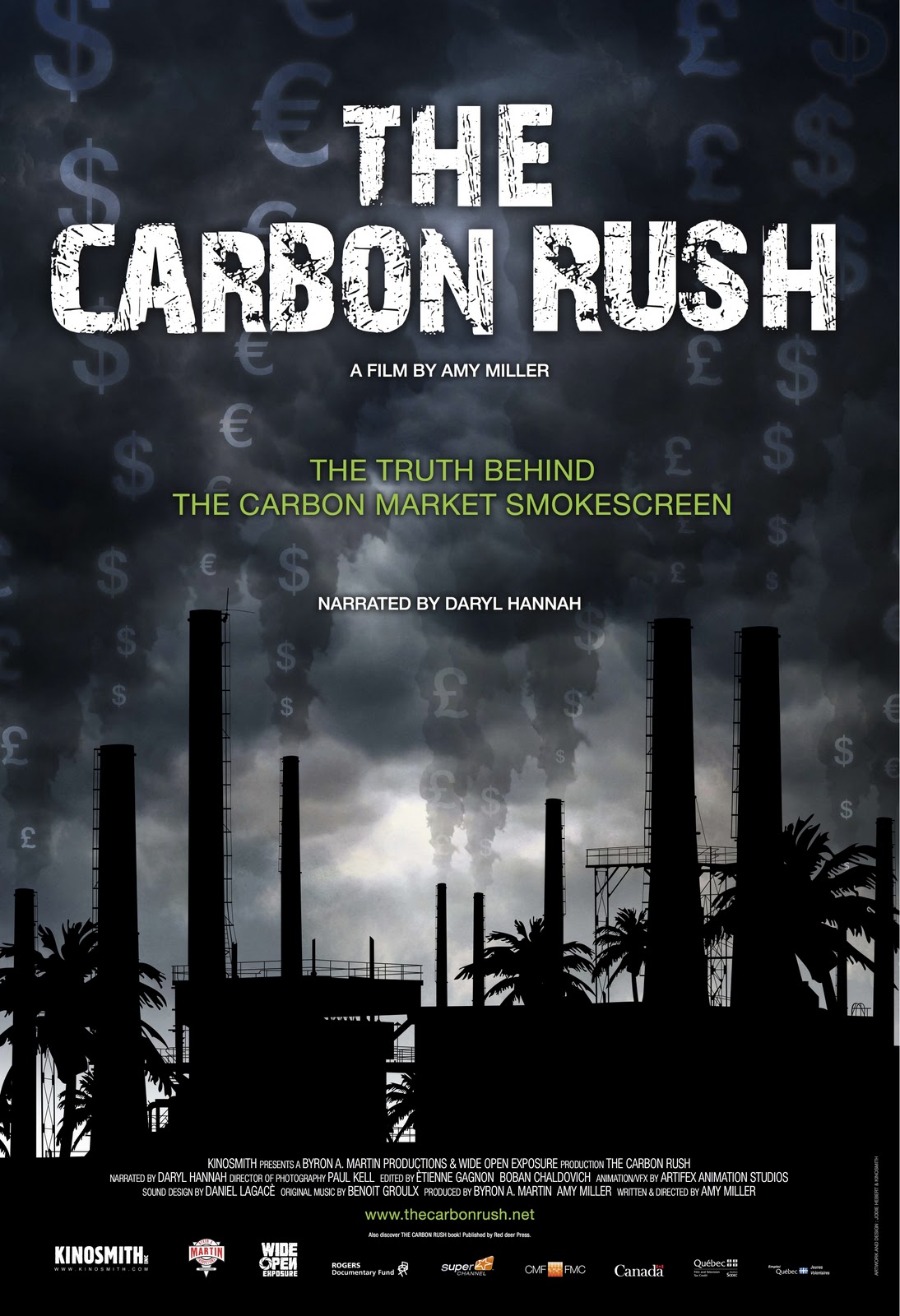,Ask your average movie-goer what a carbon offset is and you may get a puzzled look or a vague response about air travel fees. Many might be surprised to learn that carbon offsets, whereby polluters help finance low-carbon emissions projects to counterbalance their own excessive pollution, are quickly becoming mainstream.
Industry and consumers are now commonly funding wind power arrays, tree plantations and other green projects which thereby reduce one’s overall carbon footprint. The ecological karma thus created is said to compensate for otherwise sinful consumption and pollution patterns.
Of course the question which immediately arises is, does all this really work? Do carbon offset projects in fact sufficiently benefit the planet and its people enough to make it okay for the purchaser to be causing their own emissions?
It is this question which receives significant illumination at the hands of Montreal-based documentary filmmaker Amy Miller in her latest film, The Carbon Rush. Miller, whose previous work includes the 2009 feature documentary Myths For Profit: Canada’s Role in Industries of War and Peace, has a history of asking uncomfortable questions which challenge her viewers’ cherished beliefs. Her latest offering continues this trend, with a brave and smart documentary which looks deeply into this burgeoning and profitable green scheme.
The film has Miller casting her unflinching gaze upon both the supply and demand side of this little-known industry. She visits Scotland, where a massive industrial installation is allowed to spew excessive amounts of greenhouse gases since the owners pay for supposedly better stewardship of the earth elsewhere. The effect on locals is, predictably, egregious, with negative health effects rife in the area.
The much more surprising parts of the film occur when visiting various development projects in the Third World which are promoted as part of the climate change solution. Instead of social harmony and ecological sustainability, Miller finds land-grabs, economic and environmental devastation and political marginalization.
While providing a primer on the basics of carbon trading, the film’s stand-out merit is in following activists on the ground in all the places it portrays. It thus offers a grassroots view of these phenomena not filtered through a public relations apparatus bent on convincing the public that carbon offsets will save the world from climate change.
Instead, the camera finds locals who are, at best, alienated by the projects which are supposed to benefit them. At worst, the on-the-ground effects are deadly, leading to several extremely bracing scenes which some viewers will find hard to watch.
While some might expect a pessimistic message from such a film, instead the mood is one of defiance and confidence in fighting back.
Most refreshingly the film avoids appealing to consumers to adjust their spending habits and rather gives ample space for the featured activists to advocate for much more fundamental changes worldwide.
The Carbon Rush is an intelligent and relentlessly critical look at an under-reported aspect of the earth’s environmental problems.
Dave Markland lives in Vancouver, B.C., where The Carbon Rush was recently screened as part of the Vancouver International Film Festival.



